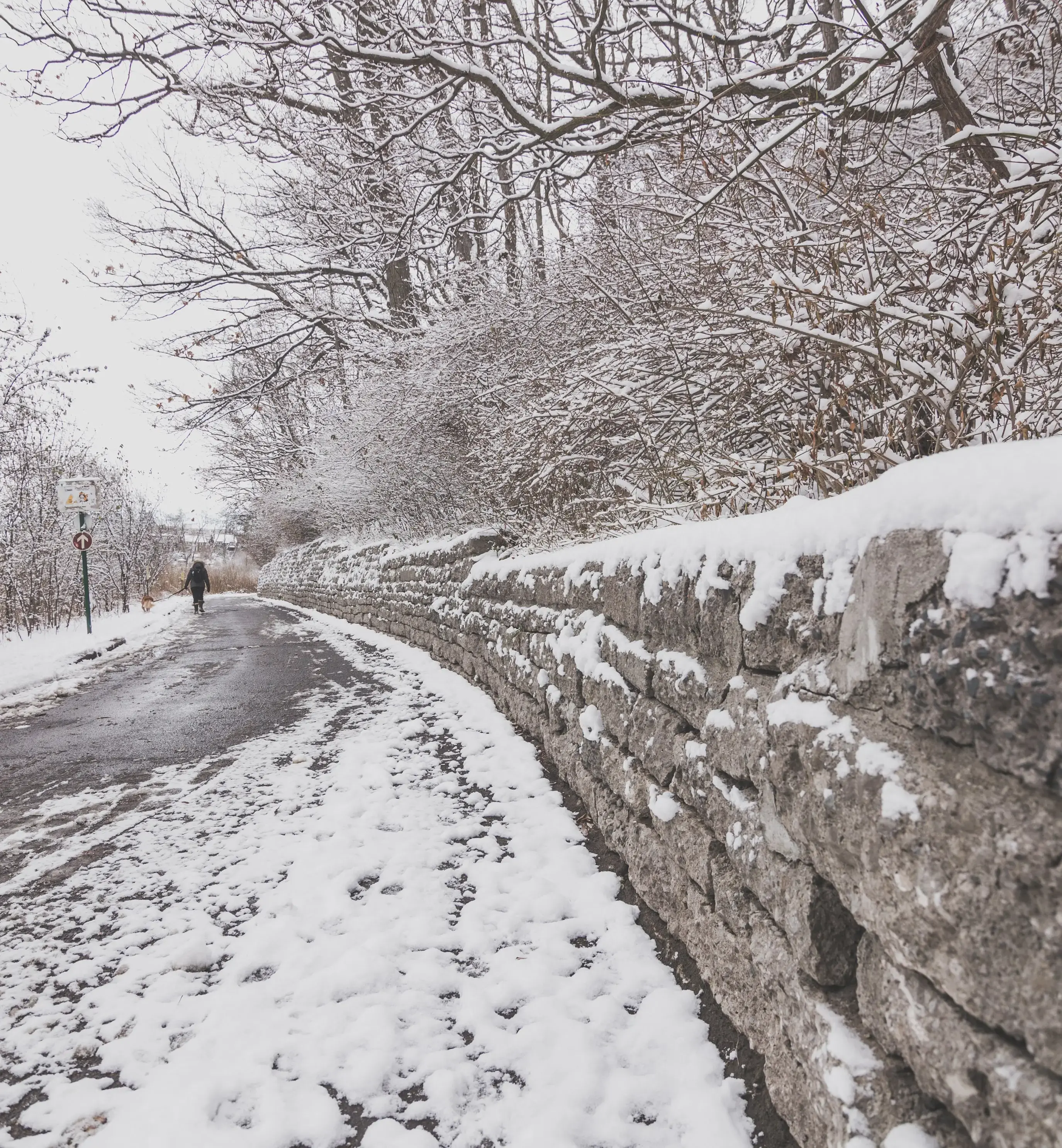
Slipping on Ice - Can I Make a Claim?
As the weather gets colder and following the first snow fall of 2023, here at Smith Partnership we anticipate an increase in enquiries relating to injuries sustained due to slipping on ice. Injuries from these types of accidents range from more minor soft tissue injuries to complex fractures and head injuries so it is only right that we explain in more detail whether or not a claim can be brought for accidents caused by the colder adverse weather.
As with all Personal Injury cases, in order to bring a claim, a Claimant must be able to establish that there has been a Breach of Duty by the party responsible for the maintenance of the area in which the accident happened and that the accident and subsequent injuries are caused by said Breach of Duty.
Slipping on the Public Highway
For accidents that occur on the Public Highway, ensuring public safety usually falls to the Local Council. We have prepared an article covering general accidents that occur on the Public Highway and these same duties also apply in occurrences of ice related slipping accidents.
The Local Authority have a duty to maintain the Public Highway to ensure the safety of pedestrians, though this duty is only to maintain it insofar as possible. The standard of maintained is generally more or less dependent on the footfall that the street attracts. For example, a busy Highstreet would require more consideration than a quiet side street. This duty extends to keeping the highway clear of snow and ice.
To place a duty on the Local Authority to ensure that the highway is completely free of snow and ice, at all times, would be unreasonable and ice, by its very nature, is slippery, which means that anybody walking on an icy path will be aware that it represents a slipping hazard and be expected to give extra care and attention. In addition, the Local Authority do not have the resources or ability to clear the snow and ice from every pathway or path.
Slipping on Business Premises
In addition to slipping on the Public Highway, many accidents happen whilst on business premises, such as car parks at supermarkets or restaurants. Any business owner that operates premises open to visitors, has a duty to maintain those premises to ensure the safety of those who enter them. This being said, much like the duties of the Local Authority, the law accepts that it would be too onerous a duty on business owners to ensure that all public areas were completely free of snow and ice all of the time.
It may strengthen a case if you are able to demonstrate that the area in which you had your accident had already been the site of other accidents and reports had been made about it being a clear risk to visitors. Equally so, if the area is particularly high traffic, it is easier to demonstrate that steps should have been taken to secure that specific area.
Slipping at Work
Accidents at work, specifically for those who work in warehouse or supermarket roles in cold environments, can see increase in the winter when snow or ice are present in already cold workplaces, despite the year-round risk. Employers have a responsibility for the health and safety of their employees which extends to providing them with a safe working environment. An employer must have adequate safety procedures in place to prevent undue risk in the workplace in the winter, for example making provisions for employee entrances to be cleared of snow or gritted.
If you have had an accident at work and sustained injuries due to insufficient safety measures or negligence from your employer, then you may have claim for damages.
How can Smith Partnership’s Personal Injury Solicitors Help?
Our Personal Injury experts can navigate these various different scenarios and help to ascertain whether duties have in fact been met by the responsible party.
Whatever the case may be, if you have suffered a slipping accident of this nature, do not hesitate to get in touch today on 0330 123 1229, send us an email via info@smithpartnership.co.uk or complete our contact form.

Share this article

















